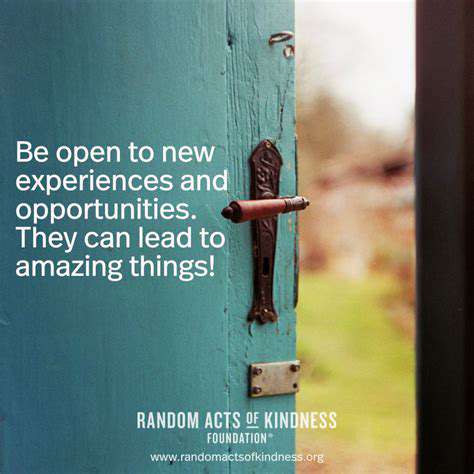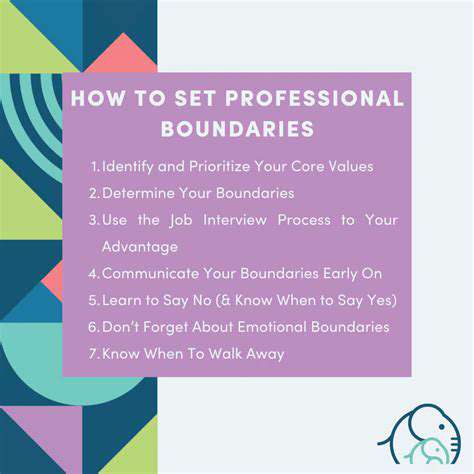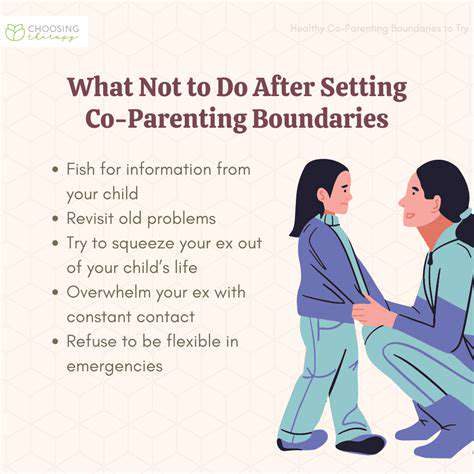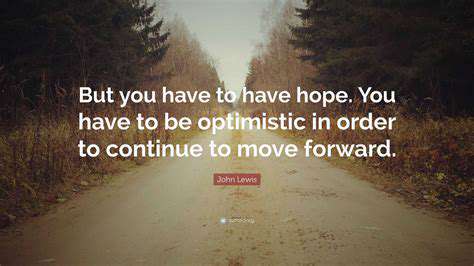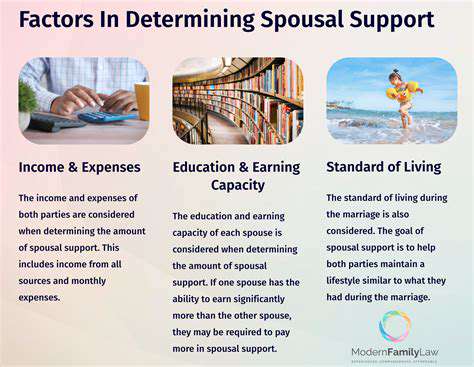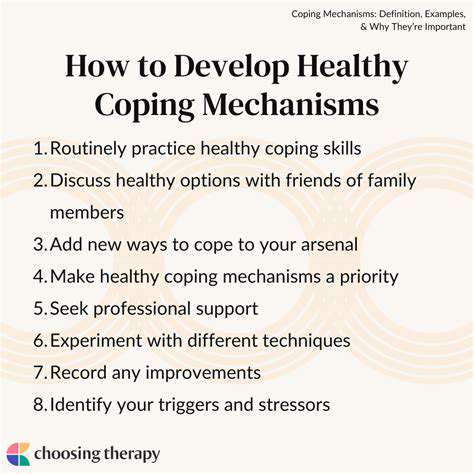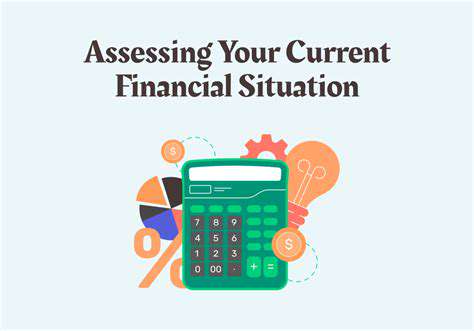How to Find Yourself After a Divorce
Reclaiming Your Sense of Self After the Split

Reconnecting with Your Values
After a breakup, it's common to feel lost or disconnected from who you are. One of the most powerful ways to find yourself again is by rediscovering what truly matters to you. Think about the principles that guide your life - whether it's honesty, creativity, or compassion. When you know your core values, making decisions becomes easier and more meaningful. This isn't just about big life choices; it affects everyday moments too.
Society often pushes us in directions that might not align with our true selves. By regularly checking in with your values, you create an inner compass that keeps you grounded. Some people find journaling helpful for this, while others prefer quiet reflection during walks.
Identifying What Makes You Come Alive
Remember those activities that make time fly by? That's where you'll often find clues to your strengths and passions. Maybe it's painting, solving problems, or helping others. These natural talents are like personal superpowers - when you use them, you feel energized rather than drained. The key is to notice these moments and make space for them in your life.
Start small if needed. Even fifteen minutes a day spent on something you love can begin rebuilding your sense of identity. Over time, these small investments in yourself add up to significant personal growth.
Creating Healthy Boundaries
Learning to say no is just as important as saying yes to the right things. Protecting your time and energy isn't selfish - it's necessary for showing up as your best self. This might mean turning down social invitations when you need rest or setting limits with family members who overstep.
Think of boundaries like personal property lines. You wouldn't let neighbors park cars in your living room - similarly, you get to decide what behaviors you'll accept from others. The surprising thing? Most people respect clear boundaries more than we expect.
Growing Through Change
Change can be uncomfortable, but it's also where the magic happens. That nervous feeling when trying something new? That's often growth in disguise. Each challenge you face and overcome makes you more resilient for the next one. Instead of fearing change, try viewing it as an adventure in self-discovery.
Keep a growth journal where you note lessons learned from difficult experiences. Over time, you'll see how far you've come - and how capable you truly are of handling life's twists and turns.
Re-Evaluating What Really Matters
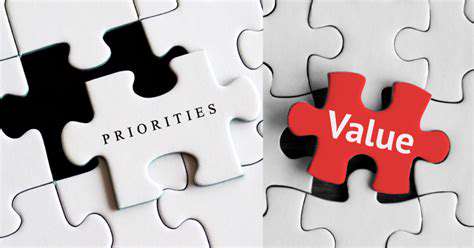
Putting Yourself First
Self-care isn't a luxury - it's the foundation for everything else in your life. When you're running on empty, nothing works well. Simple practices like getting enough sleep or taking short breaks during the day can dramatically improve your outlook and energy. Think of it like maintaining a car - regular oil changes prevent bigger problems later.
Many successful people swear by morning routines that include some form of self-care, whether it's meditation, exercise, or simply enjoying a quiet coffee. The key is finding what works for you and making it non-negotiable.
Rethinking Your Career Path
Work takes up so much of our lives - shouldn't it be meaningful? If your job feels misaligned with who you are, it might be time for change. The best careers aren't just about paychecks; they're about using your unique gifts to make a difference. Even small shifts, like taking on different projects or learning new skills, can reignite passion for your work.
If considering a big change, start by test driving new interests through volunteering or side projects before making major commitments.
Getting Smart About Money
Financial stress can cloud every other area of life. The good news? Even basic money management can bring peace of mind. Understanding where your money goes is the first step to making it work for you rather than against you. Apps or simple spreadsheets can help track spending patterns.
Consider meeting with a financial advisor - many offer free initial consultations. They can help create a plan tailored to your specific situation and goals.
Choosing Your Circle Wisely
The people around us influence our thoughts, emotions, and behaviors more than we realize. Surround yourself with those who inspire you to grow while accepting you as you are. Toxic relationships drain energy that could be spent building the life you want.
If certain relationships feel consistently negative, consider gradually spending less time with those individuals while nurturing connections with more positive influences.

Moving Forward with Strength
Honoring Your Emotions
Breakups bring up complex feelings, and that's completely normal. Trying to suppress emotions usually backfires. Allowing yourself to feel without judgment is actually the quickest path through difficult emotions. Some find creative outlets like writing or art helpful for processing feelings.
If emotions feel overwhelming, professional support can provide valuable tools for navigating them. There's no shame in asking for help when needed.
Discovering Who You Are Now
Major life changes force us to redefine ourselves. This can be scary but also exciting. You're not who you were at 20, and that's good - growth means evolving. Try making a list of qualities you admire about yourself now that might not have been true years ago.
Travel, even locally, can spark self-discovery. New environments help us see ourselves differently and often reveal hidden strengths.
Taking Control of Your Finances
Money matters after divorce require attention but don't have to be overwhelming. Financial independence starts with understanding your complete picture - income, expenses, assets, and debts. Many community colleges offer affordable financial literacy courses.
Automating bill payments and savings can remove stress while ensuring important obligations are met.
Building Your Support Team
No one succeeds alone. The strongest people are those smart enough to lean on others when needed. Support can come from unexpected places - neighbors, coworkers, or community groups. Being open about your journey often attracts the right people.
Consider joining a book club or hobby group to naturally expand your circle with like-minded individuals.
Growing from the Experience
Challenges either break us or make us stronger - the difference is in how we approach them. Every difficult experience contains lessons if we're willing to look for them. Keep a list of insights gained through this transition - you might be surprised at your own wisdom.
Helping others going through similar situations can be powerfully healing while reinforcing how far you've come.
Read more about How to Find Yourself After a Divorce
Hot Recommendations
- divorce asset division legal checklist
- how to overcome breakup shock step by step
- divorce self growth strategies for single parents
- how to overcome divorce trauma quickly
- emotional recovery tips for breakup survivors
- divorce breakup coping strategies for adults
- how to find effective divorce counseling online
- divorce custody battle resolution strategies
- how to find affordable breakup counseling services
- best co parenting solutions for divorce cases
